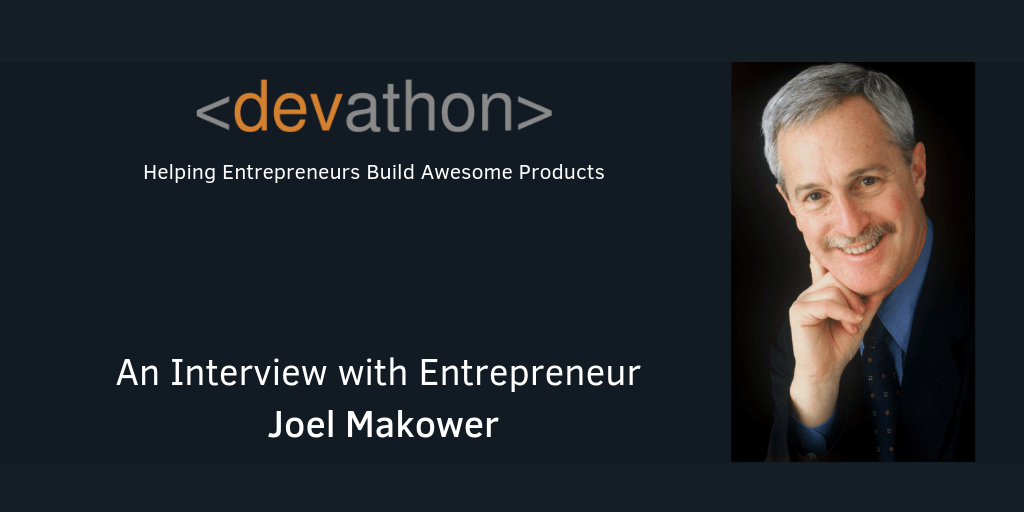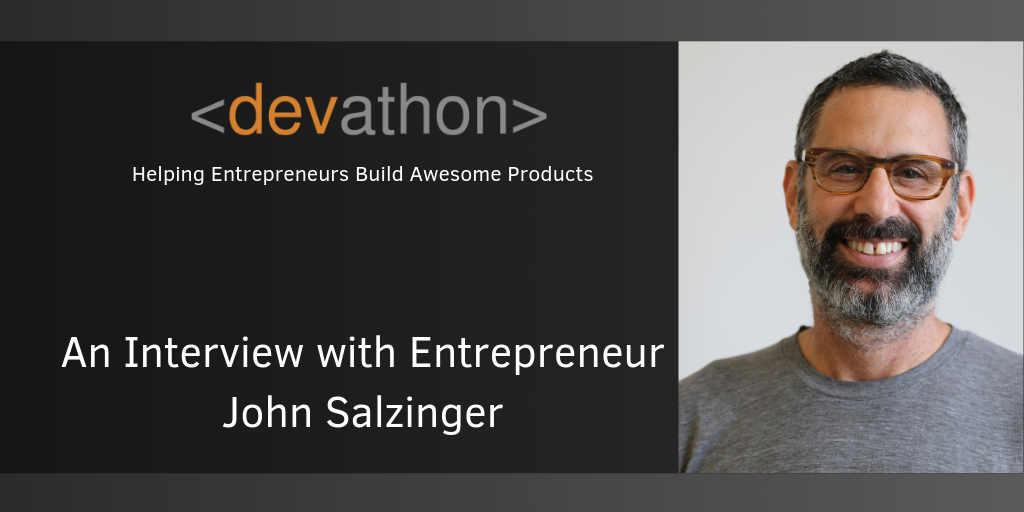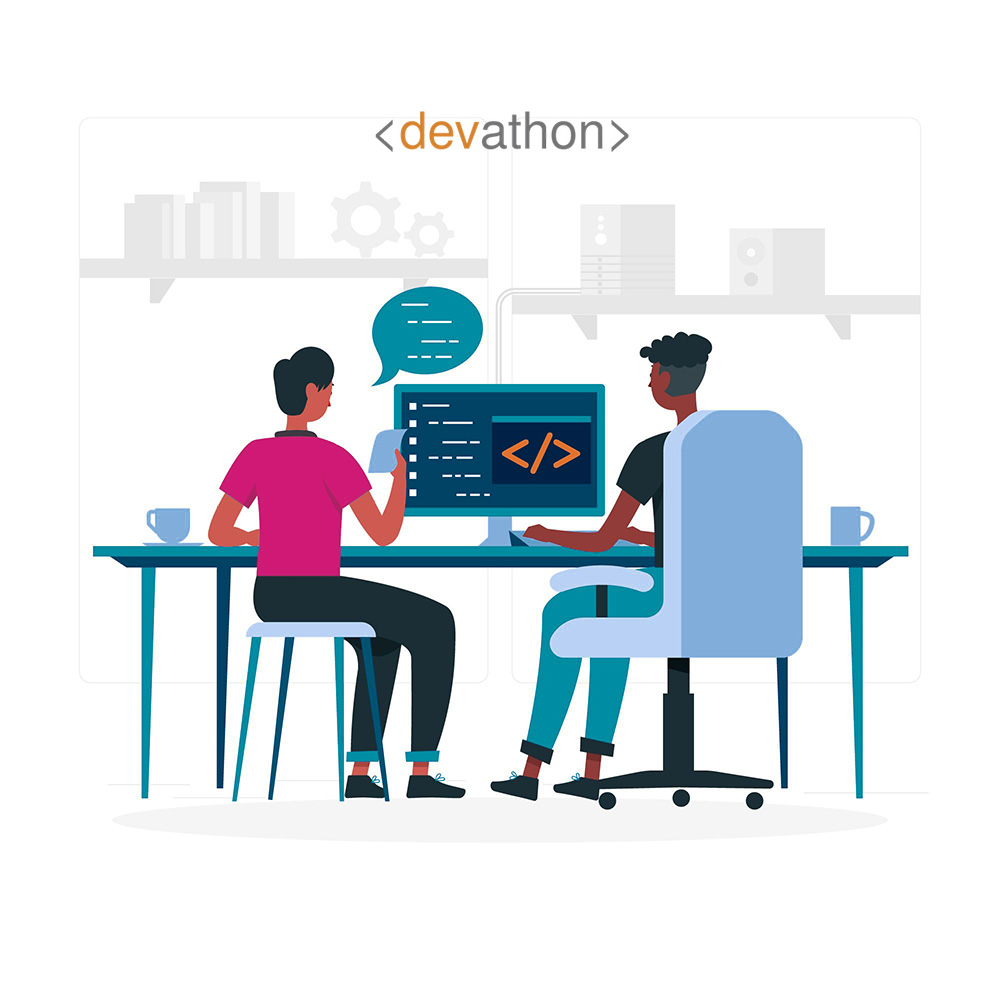An Interview with Entrepreneur Stephen Scott
Introduction: Stephen Scott
I’ve always had a fascination for what makes people tick and a sense that the sociological element — that is, how we interact with others — was far more important than the psychological element of what goes on in our heads. So its perhaps unsurprising that my undergrad studies covered a broad mix of the social sciences. In a subsequent Masters degree program, I dove into international relations, and it only occurred to me later that this was a natural extension of my undergrad interests as, by definition, this study was “relational” in nature. This same bias was present many years later when I did a mid-career MBA and focused on macro-economics — how the parts of the system fit together and interact, and how that shapes the vitality of whole nations and economic orders.
I’ve also always had a passion for travel and adventure, which was slaked when I spent a year abroad studying in England during my undergrad years. Shortly after graduating, I moved to Spain, and worked at our embassy in Madrid, in the commercial section. Then it was off to Germany, where I worked as a litigation assistant for an American law firm in Frankfurt. Then to grad school in London and, afterwards, I started my career in international investigative intelligence and risk analysis. I stayed in that field for about 25-years and, in that time, I’ve led successful projects on the ground in over 50 countries. It was a fantastic experience.
Are you an entrepreneur looking for your MVP built? Get in touch with us at hello@devathon.com
Devathon has built software for companies backed by the world’s leading investors like Betaworks, Greylock, Andreessen Horowitz, Accel, KPCB, Lightspeed and many more.
When did you first discover your entrepreneurial spirit and How is your entrepreneurial career developing so far?
I was born the eldest of nine kids, so I suppose you could say that I was born into a leadership role, like it or not! As a kid, I always had an interest in knowing why things were as they were, and how they could be made different and better. I think that those two personal factors combined to infuse me with an entrepreneurial spirit from early on.
Perhaps my early career could be described as entrepreneurial: no two investigative projects were alike, so each had its own ‘start-up’ dynamic. I also stood up the Shanghai operations of a large consultancy and spent three years living in China. That took an awful lot of resilience and a deep-seated comfort with the unknown and, largely, unknowable. These experiences have served me well since I launched Starling, as any entrepreneurial venture involves more unknowns than knowns, to be sure.
What has been the biggest success and biggest failure stories you went through?
There’s nothing more entrepreneurial than parenthood! So, without question, “my” most significant success has been seeing my 11-year old daughter growing into such an amazing person. That’s probably followed closely by having married well — there’s absolutely no way I could have chased an entrepreneurial dream without the support of my (very!) patient wife. In terms of entrepreneurship, however, I have no doubt about my greatest failure: waiting so long to take the plunge. This is a marathon, not a sprint, and the sooner one starts the race the better. That said, there’s value in picking your moment and accruing sufficient domain expertise to set yourself apart. That’s probably where I’ve succeeded most. So, two sides of the same coin, perhaps.
How did you come up with the idea for Starling Trust Sciences and how did it all start?
Throughout the course of a 25-year career in risk intelligence, working across 50 countries, I observed the same thing over and over again: the human being is a highly consistent organism. The languages, foods, gods, cultural norms, etc. may change, but people are people and, while our differences are to be celebrated, we’re all more alike than we often care to admit. I read something during my undergrad studies that has really stuck with me in this regard: “we’re all uniquely similar.”
Those similarities imply that there are patterns to human behavioral tendencies. Patterns that are discernible. Patterns that are highly predictive of future events. And, it turns out, those patterns are reflected in the way people communicate. Where such communication is digital — for instance, email — we can find patterns that allow us to anticipate behavior and organizational performance issues. It occurred to me that, if we could make use of data to generate such insights, we might be able to get out in front of major risk issues and nip them in the bud.
Imagine if management at Uber had quantitative, data-driven metrics that clearly showed female engineers were being pushed to the margins, and that the company had a major diversity & inclusion issue that was about to blow up in their faces. Or if Wells Fargo had seen patterns in its e-comms data that suggested there was an undesired behavior — opening of false customer accounts — that was spreading like a virus across the firm, positioning management to head that off and to take corrective action proactively. How much money and heartache might have been saved if they had had better insight into the “unknown unknowns” shaping their future?
And, if we could help organizations to do that — to proactively promote good behavior that benefited their stakeholders and curb the bad behavior that harmed stakeholders — then how much might we help to restore trust to all our deeply damaged institutions? It is shocking to me — and deeply frightening — to witness the current wholesale collapse of trust in just about all our essential institutions: government, media, business, banking, even the church. This is the most significant problem of our age. And, left unsolved, I fear for future peace and prosperity. I launched Starling as a means of getting into that fight…
Tell us something about Starling Trust Sciences.
We talk about Starling as an applied behavioral sciences technology company — which doesn’t quite roll off the tongue, I realize! However, the core is that we join learnings from behavioral science with the pattern-recognition possibilities of machine learning to distill signal from e-comms metadata that provide highly predictive insights into the likelihood of specific employee behaviors that drive performance or risk. Behavior is contagious, and a stack of social science literature backs up that assertion. So we also map our insights to the enterprise social graph, which enables us to forecast how specific behaviors of management focus are likely to spread across a firm. Sort of like how the Center for Disease Control (CDC) tracks and then forecasts the spread of a virus through a population. With this foresight, management is positioned to engage, proactively, to drive desired behavior, improved performance, and reduced risk.
What are your growth plans for the near future?
Right now we’re focused on eating what’s already on our plate. We work today almost exclusively on the financial sector, and we are in discussions or already working with major banks in every financial center globally: New York, London, Sydney, etc. For a relatively small team, that has us spread pretty thinly. So we’re raising money now to grow into the demand we’ve succeeded in generating, and I’m looking to add to the team in 2019. At the same time, we’re also exploring other verticals where we think our offerings would be readily taken up. The defense and intelligence communities may be an obvious next step for us.
In your opinion, what are the hurdles that keep people away from starting an entrepreneurial career? What advice would you give to the new entrepreneurs?
I don’t know if I can speak for “most people” in this regard. Circumstances differ. It’s easier for someone young to take on the risk of an entrepreneurial leap because they may not have family obligations that compete. But someone older, with those family obligations, may be less able to take on risk even though they have more experience and domain expertise. Female entrepreneurs have a much harder time than males in raising venture backing — something that needs to change, and now. It’s maddening to think how many terrific new creations society is robbed of because of gender bias. Not to mention all the other biases out there.
However, all that Big Picture stuff aside, the biggest hurdle for just about anyone is having sufficient belief in themselves. I think it was Elon Musk who once said that being an entrepreneur was like “chewing glass and staring into the abyss.” You need some pretty solid self-assurance if you’re going to do that. There’s no end to the people who’ll tell you “it’ll never work” — and most often, they’re right! So you’ve got to have conviction, passion, resilience, and then surround yourself with people who mask your weaknesses. Personally, I don’t think I’d have launched my business if I didn’t feel compelled to do so. It’s a calling.
Are you an entrepreneur looking for your MVP built? Get in touch with us at hello@devathon.com
Devathon has built software for companies backed by the world’s leading investors like Betaworks, Greylock, Andreessen Horowitz, Accel, KPCB, Lightspeed and many more.




